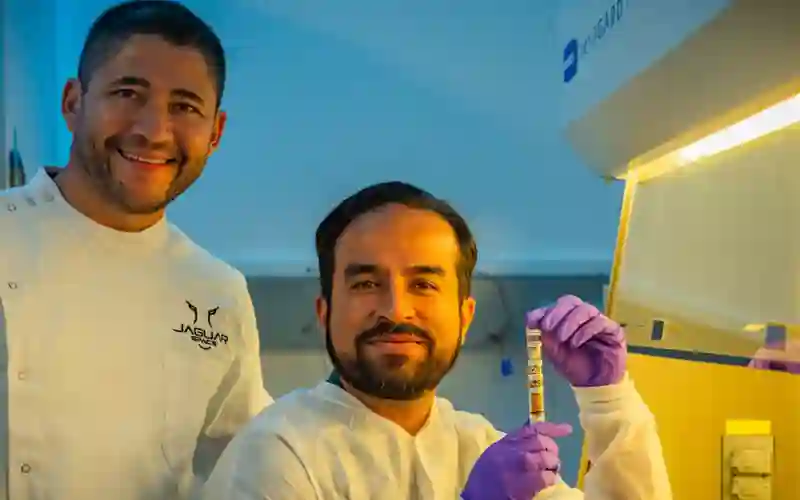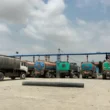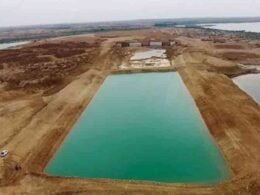Pakistan made space history on August 1, 2025, when a batch of Pakistan wheat seeds in space crossed the Kármán line aboard a SpaceX Dragon Capsule.
This marked the country’s first scientific experiment to the International Space Station (ISS). The mission was part of the Kármán-Jaguar Earth Seeds for Space program.
The program included scientists from Nigeria, Armenia, and Egypt. Each country contributed native seeds for agriculture experiments to study how plants grow in microgravity.
The Pakistani team was led by aerospace engineer Mahhad Nayyar and Muhammad Haroon, a plant science researcher at Purdue University. Together, they proposed sending wheat seeds into orbit.
Mahhad once trained to become a fighter pilot at PAF College Sargodha. After being disqualified for poor eyesight, he shifted his focus to aerospace engineering and space systems.

He received a scholarship to the US Air Force Academy. There, Mahhad worked on satellite technology and later returned to Pakistan, only to find a lack of space research programs.
Read More: Pakistan to send first astronaut to Chinese space station in 2026
A 2020 ISS map showing Pakistan’s absence from space science became a turning point. “It was a moment of shame,” said Mahhad, who then began working toward this mission.
They chose wheat for its drought tolerance, short growth cycle, and resilience. The seeds shared a test tube with Nigerian melon, Armenian pomegranate, and Egyptian cotton on the same flight.
The seeds were launched from NASA’s Kennedy Space Center in Florida. The capsule docked with the ISS 15 hours later, completing the first phase of this global scientific collaboration.
The experiment will study how space affects wheat’s stomatal traits, which are tiny pores on leaves that control water and gas exchange. Changes could help future crops adapt to dry climates.
Haroon noted the research will benefit countries like Pakistan that face water shortages. The seeds will return to Earth in late August for further study on their growth and resistance.
At launch, Mahhad carried a folded Pakistani flag. He was closely escorted due to Pakistan’s restricted status at NASA. Despite delays, the moment the capsule lifted off felt historic.
“This mission isn’t just about science. Wheat is part of every Pakistani’s life. It connects space to our daily experience,” said Mahhad, proud to inspire youth back home.
Now pursuing a PhD in space situational awareness, Mahhad hopes to build a virtual mentorship lab in Pakistan. He wants to train students in designing space experiments.
Pakistan wheat seeds in space have now opened a new chapter. “This is just the beginning,” Mahhad said. “We want our youth to dream beyond the skies.”












